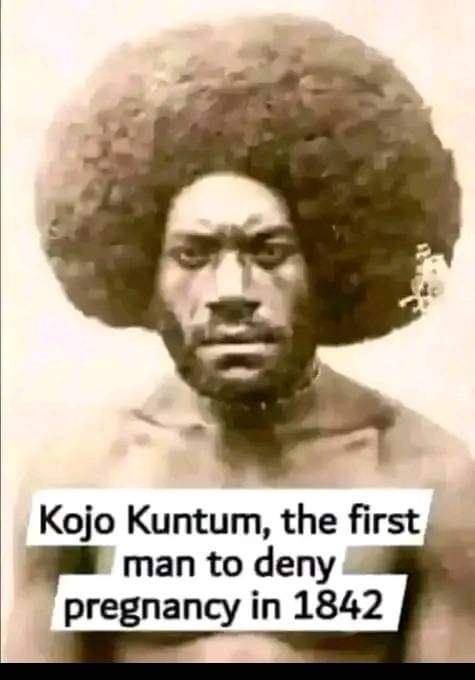Table of Contents

Introduction
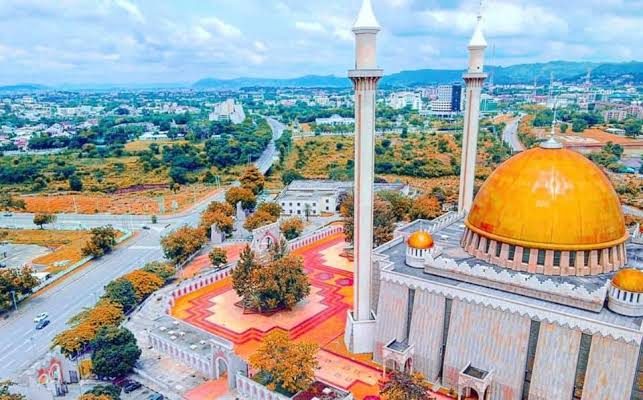
The Majestic Abuja National Mosque, standing tall and proud, is a testament to the unity and faith that binds Nigeria’s Muslim community. Built in 1984 and inaugurated in 1991, it coincided with the official relocation of the capital to Abuja. This sacred edifice, also known as the Nigerian National Mosque, boasts a resplendent golden dome and four minarets, gracing the heart of Nigeria’s capital city.
A Dream Realized: Who Built the Abuja National Mosque?

The vision of a national mosque in Abuja was born from the collective aspirations of prominent Muslims across Nigeria. In 1981, they rallied for donations, both domestic and international, to erect a mosque that would symbolize unity for the Nigerian Muslim community. This idea garnered widespread support, culminating in the establishment of the Abuja National Mosque Council, a driving force behind the mosque’s construction. During construction, the general contractors were Lodigiani Nigeria Ltd., while design consultancy was provided by AIM Consultants Ltd.
A Spiritual Oasis in the Heart of Abuja

Situated on Independence Avenue, opposite the National Christian Center, the Abuja National Mosque is more than a place of worship; it’s a sanctuary for the soul.
Capacity and Inclusivity
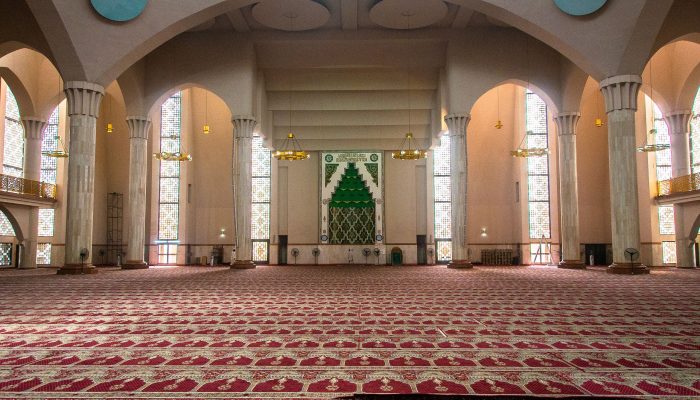
With a staggering capacity of 25,000, the mosque welcomes all, regardless of status or background. Its extensions can accommodate even more worshippers, ensuring that scholars, leaders, and individuals from all walks of life find solace within its walls.
Leadership Dynamics
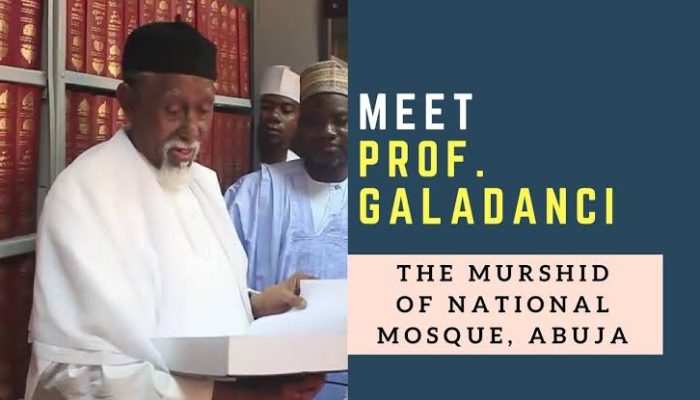
In 2015, the position of Chief Imam was dissolved, marking a significant shift in the mosque’s leadership. Subsequently, in 2017, the Abuja National Mosque Management Board was abolished, giving rise to the appointment of a Sole Administrator, titled the Murshid of the National Mosque.
Professor Shehu Ahmad Galadanci assumed the role of Murshid, overseeing the affairs of the National Mosque. Assisting him are three esteemed Imams: Professor Ibrahim Ahmad Maqari, Dr. Muhammad Kabir Adam, and Sheikh Ahmad Onilewura, who collectively serve as deputy Chief Imams.
A Beacon of Unity and Faith
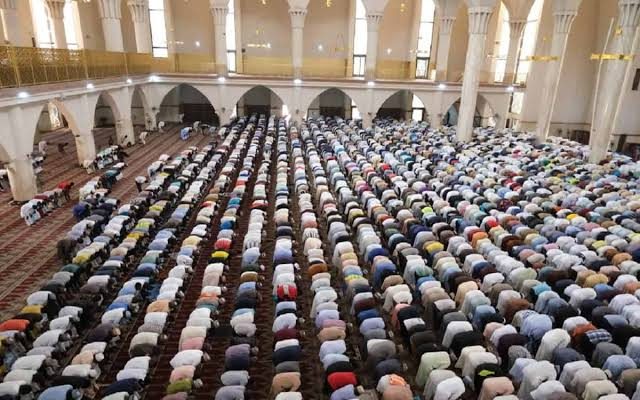
The Abuja National Mosque stands not only as a testament to architectural magnificence but also as a symbol of unity, faith, and the resilience of Nigeria’s Muslim community. Its golden dome and minarets punctuate the Abuja skyline, reminding all who pass of the rich tapestry of beliefs that define this diverse nation. As worshippers gather within its hallowed halls, the mosque continues to serve as a beacon of hope, unity, and spiritual solace for generations to come.












